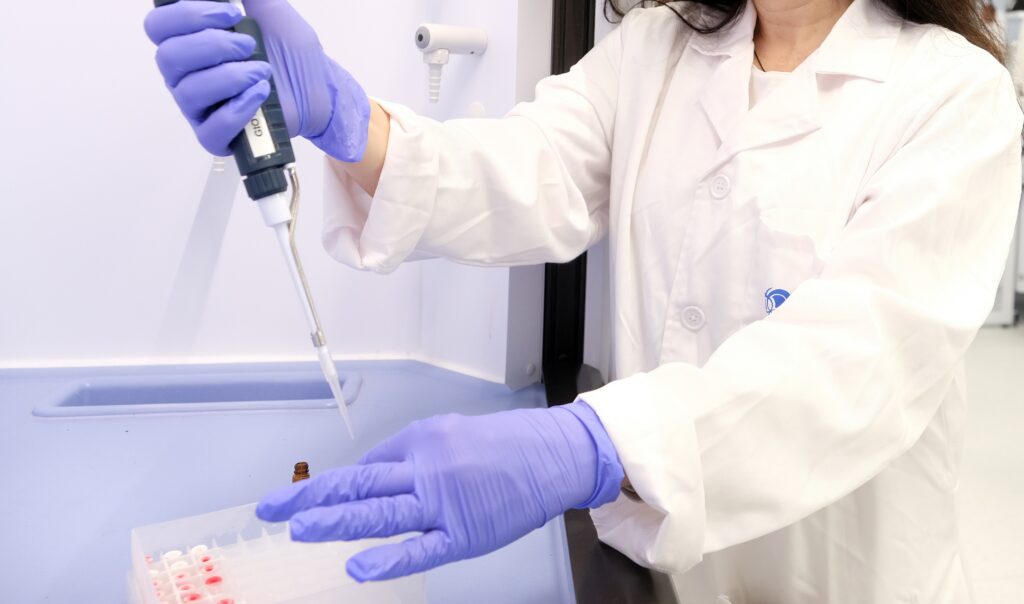A study determines that men with longer telomeres have better sperm quality, highlighting the potential of these structures as a biomarker

In recent years, fertility has decreased drastically. In fact, the estimated proportion of the population with fertility problems reached 17.5% in 2020, according to the World Health Organization. It is estimated that half of these cases are attributable to male fertility issues. The causes of male infertility are multifactorial and include metabolic or genetic factors, as well as environmental or lifestyle factors. Combined, they can lead to a significant reduction in semen quality, potentially causing infertility.
Due to the impact infertility has on mental health and quality of life, identifying reproductive health indicators is a priority for the scientific community. One such indicator could be telomeres, structures located at the ends of chromosomes that protect our DNA.
In recent years, studies conducted with samples from fertility clinic patients have indicated that the telomeres of some men facing difficulties in having children were shorter. Faced with this scenario, researchers explored, for the first time in healthy volunteers, whether telomere length is related to sperm quality.
They conducted the study by analyzing biological samples of sperm—male sex cells—and leukocytes, also known as white blood cells—cells in the blood involved in immune response processes—as well as sperm quality through parameters such as concentration or sperm vitality.
The samples were provided by 200 healthy volunteers of reproductive age—between 18 and 40 years old—participants in the international Led-Fertyl project, a cross-sectional study designed to evaluate dietary and lifestyle determinants of sperm quality, considering parameters such as concentration, quantity, motility, vitality, and morphology of sperm, among others.
The analysis revealed that participants with longer telomeres had more sperm and higher concentrations of these male gametes. “These results suggest that telomere length could be a useful biomarker for determining sperm quality and, in the long run, infertility,” says María Fernández de la Puente Cervera, researcher from the Food, Nutrition, Development, and Mental Health group and lead author of this study.
However, the team emphasizes that further studies are needed to confirm this relationship in the long term: “Research like this helps us understand the mechanisms behind infertility and allows us to establish strategies to improve people’s reproductive quality,” they conclude.
This work has been led by Jordi Salas-Salvadó, director of the Human Nutrition Unit at URV, Silvia Canudas, associate professor at UB, Nancy Babio, principal investigator of the project, and Albert Salas-Huetos, researcher from the Department of Basic Medical Sciences. The team is part of the Biomedical Research Networking Center for the Physiopathology of Obesity and Nutrition (CIBERobn) and the Pere Virgili Health Research Institute (IISPV-CERCA).
Reference: María Fernández de la Puente, Cristina Valle-Hita, Albert Salas-Huetos, María Ángeles Martínez, Elena Sánchez-Resino, Silvia Canudas, Daniel Torres-Oteros, Joana Relat, Nancy Babio, Jordi Salas-Salvadó, Sperm and leukocyte telomere length are related to sperm quality parameters in healthy men from the Led-Fertyl study, Human Reproduction Open, 2024; https://doi.org/10.1093/hropen/hoae062